December 6, 2016
Leading companies around the world show support for LGBT workplace equality 0
 Record number of major companies and law firms are advancing vital policies and practices to protect lesbian, gay, bisexual, transgender and queer (LGBTQ) workers around the world. This is according to the 2017 Corporate Equality Index released by the Human Rights Campaign (HRC) Foundation, the educational arm of the US’ largest LGBTQ civil rights organization. This year, a record-breaking 517 businesses earned the CEI’s top score of 100, up from 407 last year. That’s a single-year increase of more than 25 percent — the largest jump in the 15-year history of the United State’s premiere benchmarking tool for LGBT workplace equality. Leadership demonstrated by these businesses, reflect more than a decade of work inside these companies to expand LGBT, and particularly transgender, workplace equality. The Corporate Equality Index (CEI), launched in 2002 to assess LGBT-inclusive policies and practices at Fortune 500 companies, also highlights how corporate leaders are increasingly stepping up to play a leading role in opposing anti-equality legislation. Through their actions, taken as LGBTQ workers and customers have been facing a record number of anti-LGBTQ bills in state legislatures across the US, business leaders are building on their longstanding commitment to expanding workplace equality for LGBTQ people.
Record number of major companies and law firms are advancing vital policies and practices to protect lesbian, gay, bisexual, transgender and queer (LGBTQ) workers around the world. This is according to the 2017 Corporate Equality Index released by the Human Rights Campaign (HRC) Foundation, the educational arm of the US’ largest LGBTQ civil rights organization. This year, a record-breaking 517 businesses earned the CEI’s top score of 100, up from 407 last year. That’s a single-year increase of more than 25 percent — the largest jump in the 15-year history of the United State’s premiere benchmarking tool for LGBT workplace equality. Leadership demonstrated by these businesses, reflect more than a decade of work inside these companies to expand LGBT, and particularly transgender, workplace equality. The Corporate Equality Index (CEI), launched in 2002 to assess LGBT-inclusive policies and practices at Fortune 500 companies, also highlights how corporate leaders are increasingly stepping up to play a leading role in opposing anti-equality legislation. Through their actions, taken as LGBTQ workers and customers have been facing a record number of anti-LGBTQ bills in state legislatures across the US, business leaders are building on their longstanding commitment to expanding workplace equality for LGBTQ people.









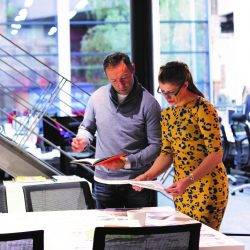
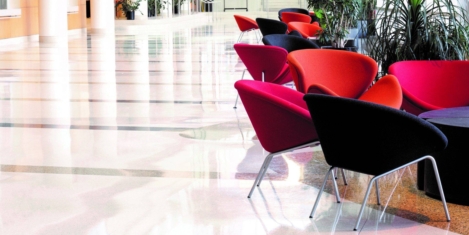
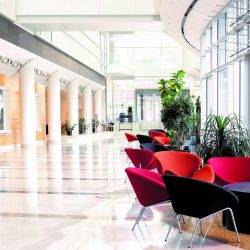

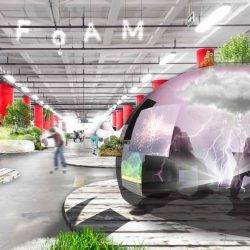






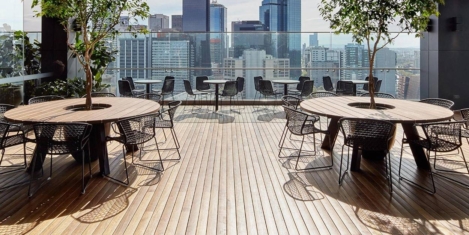











November 28, 2016
Britain is missing a trick by not getting workplace training right 0
by Steve Hill • Comment, Workplace
(more…)